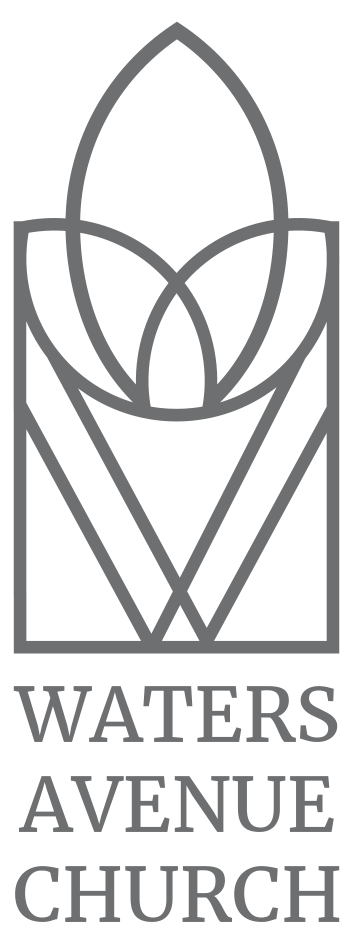Why We Don’t Have Doctrinal Statements
“Christianity in the West adheres pretty strictly to an interesting phenomenon: the use of the doctrinal statement. ”
If you check the websites of most churches, denominations, or sects, you’ll find that they usually include a section that describes the doctrinal positions of that institution. A list of dogma regarding God, the Bible, Jesus and a variety of other topics. If you talk to the average Christian who is even nominally associated with a church, you’d probably find somewhere in that conversation a concern with “beliefs”, by which is meant a certain set of propositional statements regarding certain tenants. The degree to which these beliefs are important may vary, but at some level most Christians usually draw a line somewhere between correct or true beliefs and incorrect or false beliefs.
I personally still read the “What We Believe” sections of church websites when I visit them (and typically, it’s the first thing I check, if I’m honest.) The reason I do this (which is to see how right or wrong someone is in my own opinion) points to one of the inherent problems with the idea of doctrinal statements: A list of beliefs is inherently exclusive.
In fact, this is often an explicitly stated purpose for their use. A church can mark out for itself the realm of its existence through use of what doctrines it does and does not hold. These markers are then used by either the institution to set boundaries on who does and doesn’t belong, or they are used by individuals searching out a community to determine whether or not they could belong in that community. Unfortunately, that leaves both churches and individuals in a rather stale, stagnant place. Rather than being open to new possibilities of being in the world, we end up already being sure of what’s “right” or “wrong” and our ability to truly listen to something new is taken away.
Living without doctrines, dogma, or belief any level is probably impossible. As humans, we’re always going to codify what we see and hear. This is just how we exist. But at Waters Avenue Church, we’re trying to allow ourselves to be shaped by sacred texts, tradition, liturgy, and our own experiences in new, transformative ways. We’re also trying to be a community of people who can work together in love for the common good while at the same time holding different opinions on a variety of doctrines. That’s not always an easy task, but it’s worth it.
“Because for us, Christianity isn’t a certain way to believe, but is rather a certain way to be. ”

